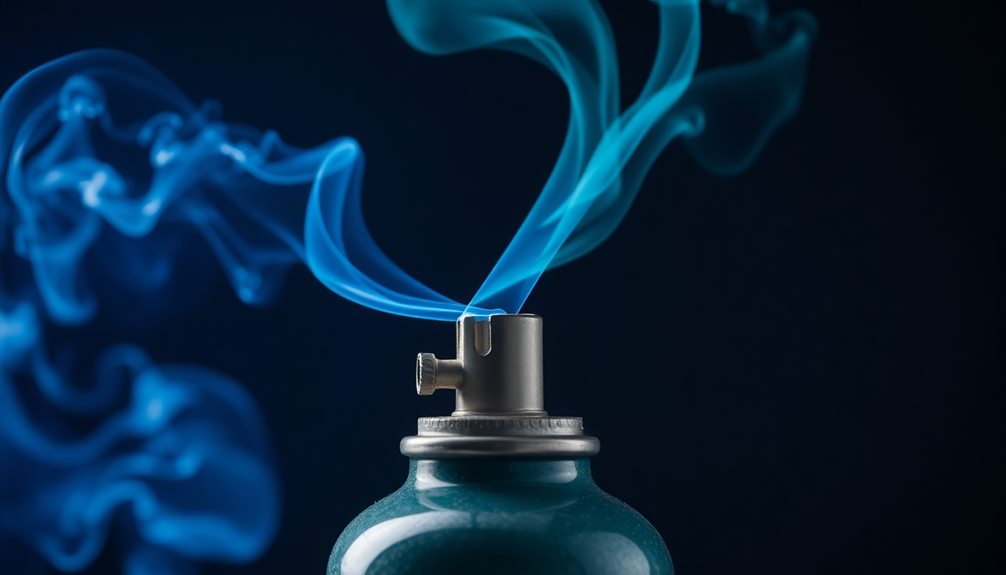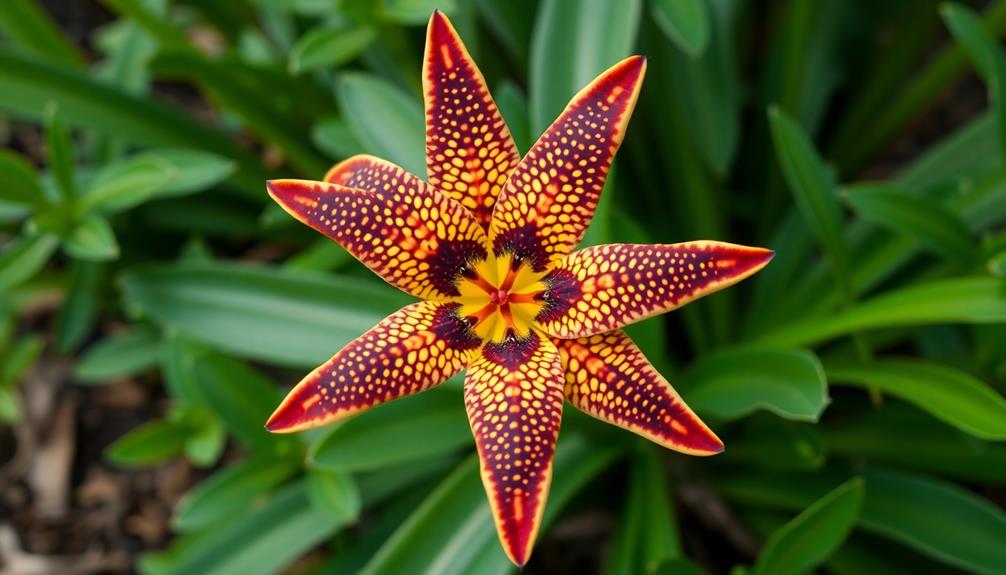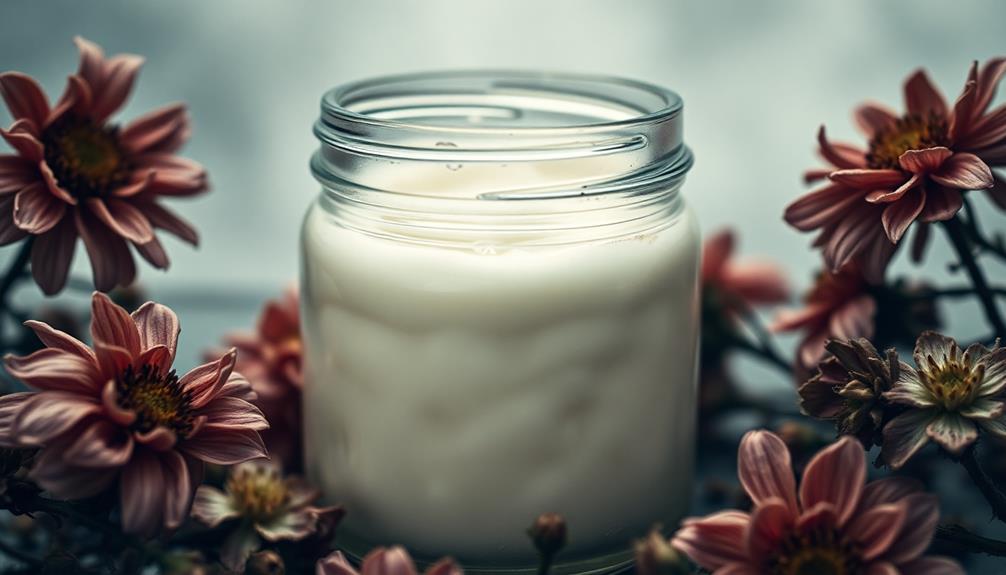Butane has a sharp, slightly sweet smell that can remind you of the fun times around a campfire. When you light a portable stove or a barbecue, you might catch a whiff of this chemical-like odor. It lingers in the air and becomes more noticeable in larger amounts. Butane's scent is often compared to gasoline, and it helps you detect leaks since the gas itself is odorless. While it can bring back happy memories of camping trips, it's super important to stay safe, too. If you want to learn about its uses and safety tips, stick around!
Key Takeaways
- Butane has a sharp, slightly sweet smell similar to gasoline, with a chemical undertone.
- The scent can be pungent and lingers in the air, especially in high concentrations.
- Ethyl mercaptan is added to butane for detection, giving it a distinctive odor.
- It is often associated with outdoor activities like camping, evoking warm memories.
- Recognizing the smell is crucial for safety, as it indicates potential gas leaks.
Introduction
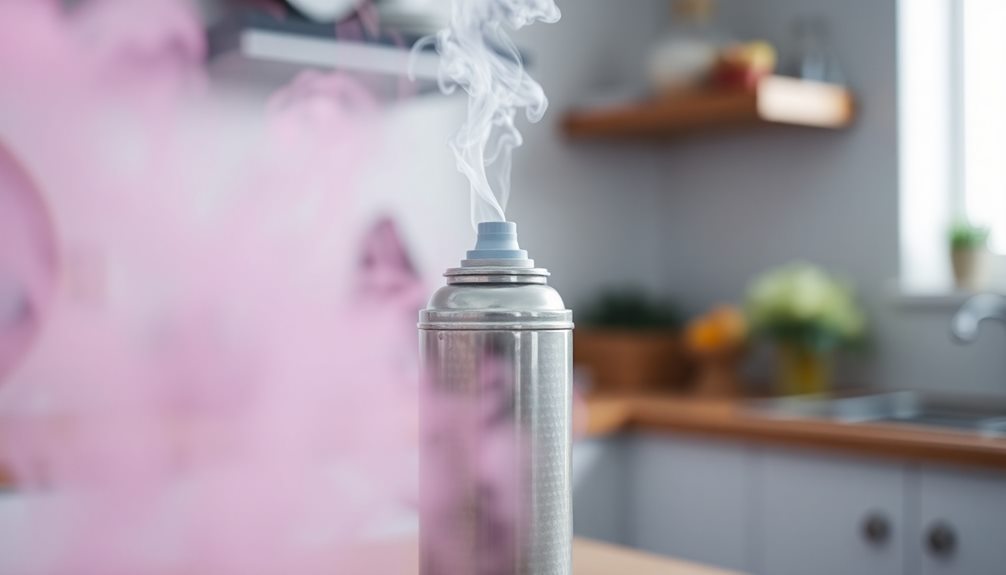
When it comes to understanding the characteristics of butane, curiosity often leads to questions about its smell. You might wonder why it's important to know what butane smells like and how that plays a role in safety.
Butane is a colorless gas, and by itself, it doesn't have a strong odor. This can make it tricky to detect, which is why a chemical called ethyl mercaptan is added. This addition makes it easier for you to notice a leak, keeping you safe!
Butane is commonly used in lighters, stoves, and even as fuel for camping. Since it's often present in your daily life, understanding its smell helps you recognize it when you encounter it.
If you ever catch a whiff of something unusual while using these items, you'll know it's time to investigate.
Description of the Smell
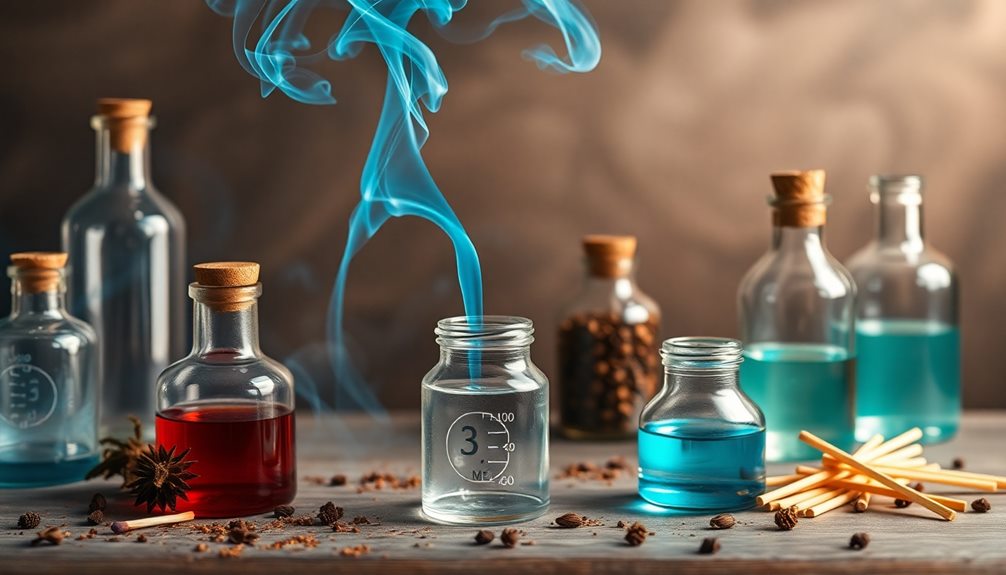
Butane's smell can be quite distinctive once you recognize it. Imagine a scent that's sharp and a bit sweet, almost like a mix of gasoline and lighter fluid. It's not something you'd want to sniff for fun, but it does have a unique character.
When you catch a whiff, you might notice a slightly chemical or artificial undertone, which can be off-putting. You might describe it as pungent, and it can linger in the air, making you aware that something's not quite right.
In small amounts, it can be hard to pinpoint, but in larger doses, it's unmistakable. If you've ever been around a campfire and smelled the fuel used to start it, you've experienced a hint of butane.
When you breathe it in, it might remind you of outdoor adventures, but be cautious! Butane can be dangerous in high concentrations. Always make sure you're in a well-ventilated area when you encounter it.
Source and Composition
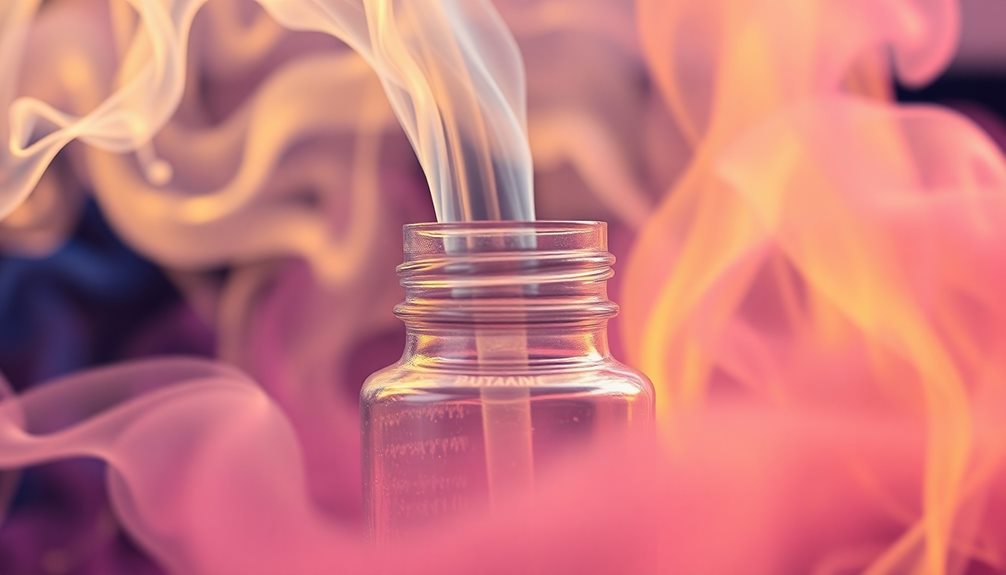
The source of butane primarily comes from natural gas processing and petroleum refining. When natural gas is extracted, it contains various hydrocarbons, including butane. During the refining process, butane is separated and collected. Isn't it fascinating how something so useful starts deep underground?
Butane is a type of hydrocarbon, which means it's made from hydrogen and carbon atoms. Specifically, it has four carbon atoms and ten hydrogen atoms, giving it the chemical formula C4H10.
When you think about butane, you might picture a colorless gas that's heavier than air. This unique composition allows it to be stored easily in pressurized containers, making it perfect for various uses.
In everyday life, butane is often mixed with other gases to create fuels for lighters, portable stoves, and even some heating systems. While butane itself is odorless, manufacturers add a strong-smelling compound called mercaptan to help you detect leaks.
This way, if there's ever a problem, you'll know something's wrong right away! So, next time you use a lighter or a camping stove, think about the interesting journey butane took to get to you!
Typical Scenarios or Environments
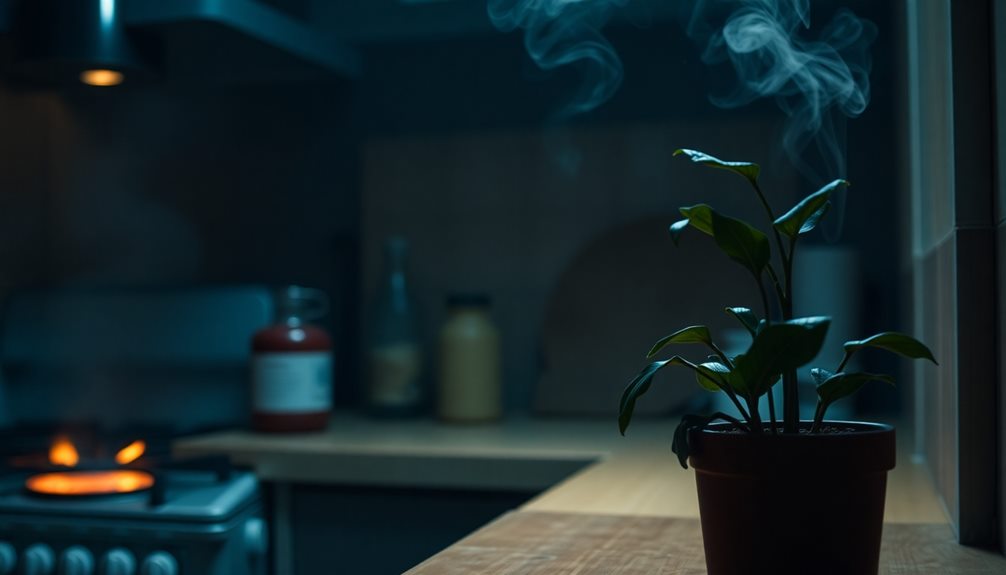
Using butane in various scenarios reveals its versatility and practicality. You might find butane in your kitchen, where it fuels portable stoves for camping trips or outdoor cookouts.
Imagine the smell of grilled burgers wafting through the air as you gather with friends around a cozy fire. It's a handy fuel source that helps make delicious meals!
Butane's also used in lighters, which you probably have in your home for lighting candles or starting a barbecue. When you flick that lighter, you might catch a brief whiff of butane—it's an unmistakable scent that tells you it's working.
In the world of beauty, butane appears in some aerosol sprays. Whether you're using hairspray or deodorant, butane helps propel the product out of the can, making your daily routine a bit easier.
Lastly, butane is an essential part of many industries, like welding and refrigeration.
It's amazing how this simple gas plays such important roles in our lives, both at home and beyond. So next time you catch that faint smell of butane, you'll know it's more than just a scent—it's part of your everyday world!
Emotional or Cultural Associations
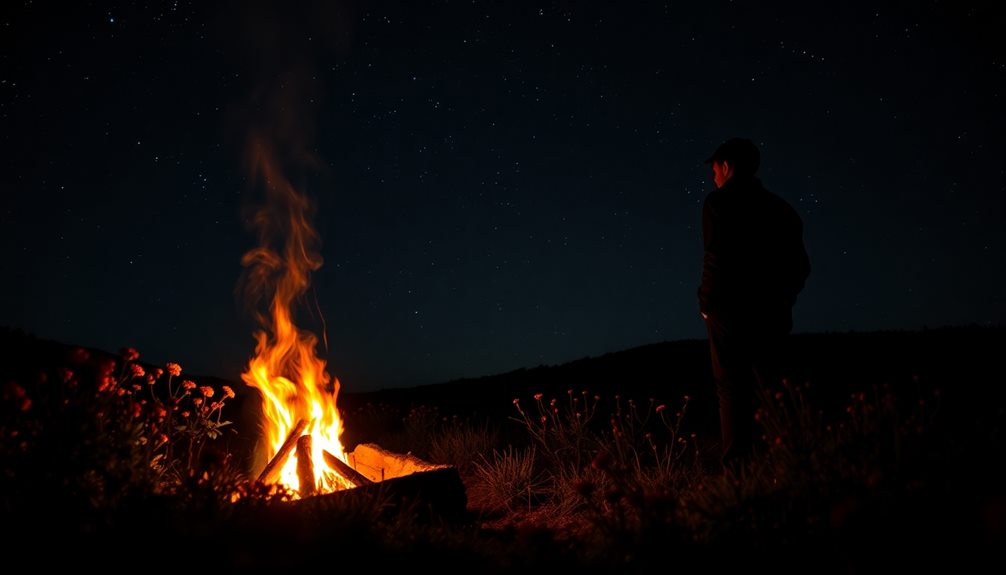
When you catch a whiff of butane, it can evoke a mix of emotions and memories tied to various experiences. You might remember camping trips with friends, where the smell of butane stoves filled the air while you roasted marshmallows and shared stories under the stars.
That familiar scent can bring back the joy of laughter and warmth around a crackling fire, reminding you of those carefree moments.
Butane is also tied to the world of arts and crafts. If you've ever used a lighter to ignite a candle or a torch to create a beautiful piece of glass art, that smell might spark excitement and creativity within you.
It's amazing how a simple scent can transport you back to a time when you felt inspired and full of ideas.
Culturally, butane has a role in many celebrations, like barbecues or fireworks. The scent might remind you of family gatherings, where delicious food fills the air, and everyone comes together.
In these moments, butane isn't just a smell; it's a bridge to memories, feelings, and connections that shape who you are.
Health or Safety Considerations
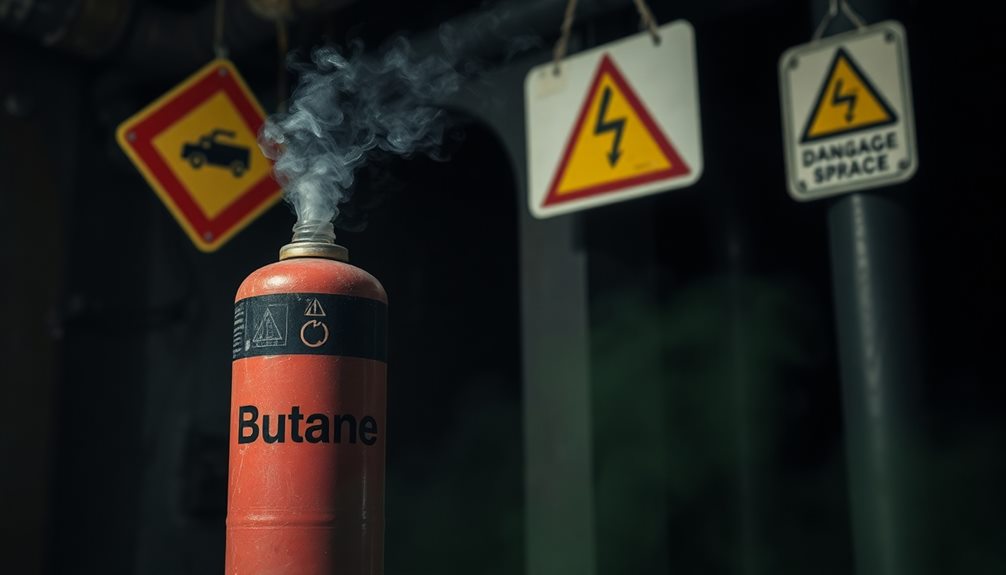
Exposure to butane can pose several health and safety risks that you should be aware of. First off, butane is a flammable gas. If you're using it indoors, make sure there's good ventilation to prevent the buildup of harmful fumes. Breathing in butane can cause dizziness, headaches, and even nausea. It's important to use it in well-ventilated areas to keep fresh air circulating!
If you happen to smell butane, that might be a sign of a leak. Leaks can lead to fire hazards, so act fast! You should leave the area immediately, and call for help. Never ignore that strong and distinct odor, because it can indicate danger.
Another thing to keep in mind is that butane can be harmful if ingested or absorbed through the skin. Always store butane canisters safely and out of reach of children. Make sure the caps are on tight, and never leave them in hot places, like your car.
Staying informed and following safety guidelines will keep you and those around you safe from the risks associated with butane. Remember, safety first!
Final Thoughts
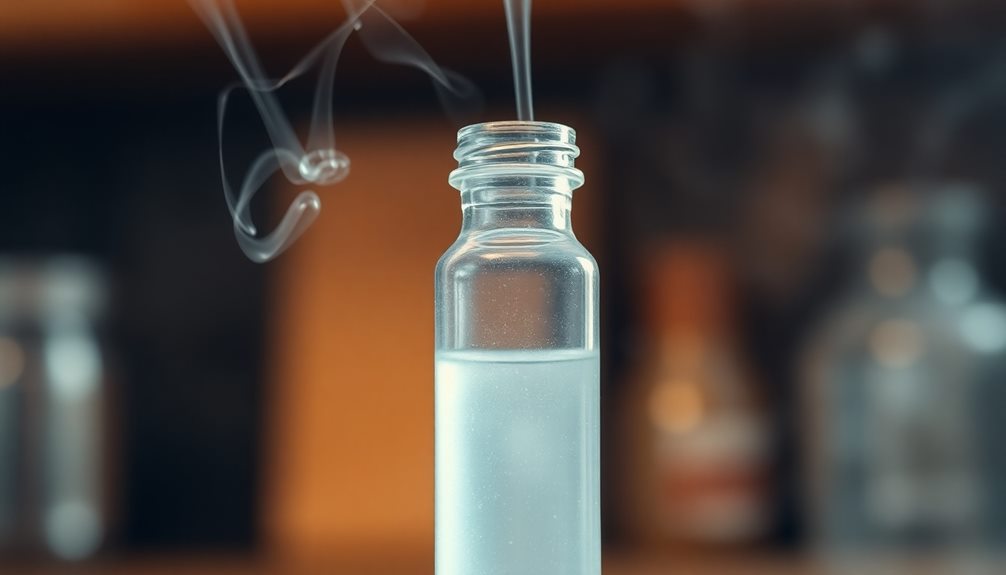
Being aware of the risks associated with butane is only part of the equation; understanding its characteristics, including its distinct smell, is equally important.
When you encounter butane, you'll likely notice a sweet, chemical-like odor. This smell can be a helpful warning sign, alerting you to its presence. Butane itself is colorless and can be easy to overlook, so recognizing that scent can be vital for safety.
If you're using butane in your home, whether for cooking or heating, remember to keep the area well-ventilated. This practice helps minimize any risks associated with inhaling too much of that sweet scent.
If you ever smell a strong odor of butane, it's crucial to act quickly. Evacuate the area, and contact professionals to handle the situation safely.
Frequently Asked Questions
Can Butane Be Detected in Low Concentrations?
Yes, you can detect butane in low concentrations, especially with proper equipment. While it's odorless in its pure form, additives like mercaptan give it a distinct smell, making it easier to identify even at low levels.
How Does Butane Smell Compare to Propane?
Butane and propane have similar odors, both being odorless in their natural states. However, they're often mixed with scent additives. You might find butane has a slightly sweeter smell compared to the sharper scent of propane.
Is Butane Odor Noticeable in Cold Temperatures?
Yes, butane's odor can be less noticeable in cold temperatures. Since gases are denser and less volatile when cold, the scent might not be as strong. You might not detect it easily in chilly conditions.
Can Butane Smell Cause Allergic Reactions?
Yes, butane's smell can cause allergic reactions in some individuals. If you're sensitive, you might experience symptoms like headaches, dizziness, or respiratory issues when exposed. It's wise to avoid inhaling it whenever possible.
What Industries Commonly Use Butane?
You'll find butane commonly used in industries like pharmaceuticals, fuel production, and food processing. It's a versatile resource, powering lighters, heating devices, and even as a propellant in aerosol products. Its applications are quite broad.
